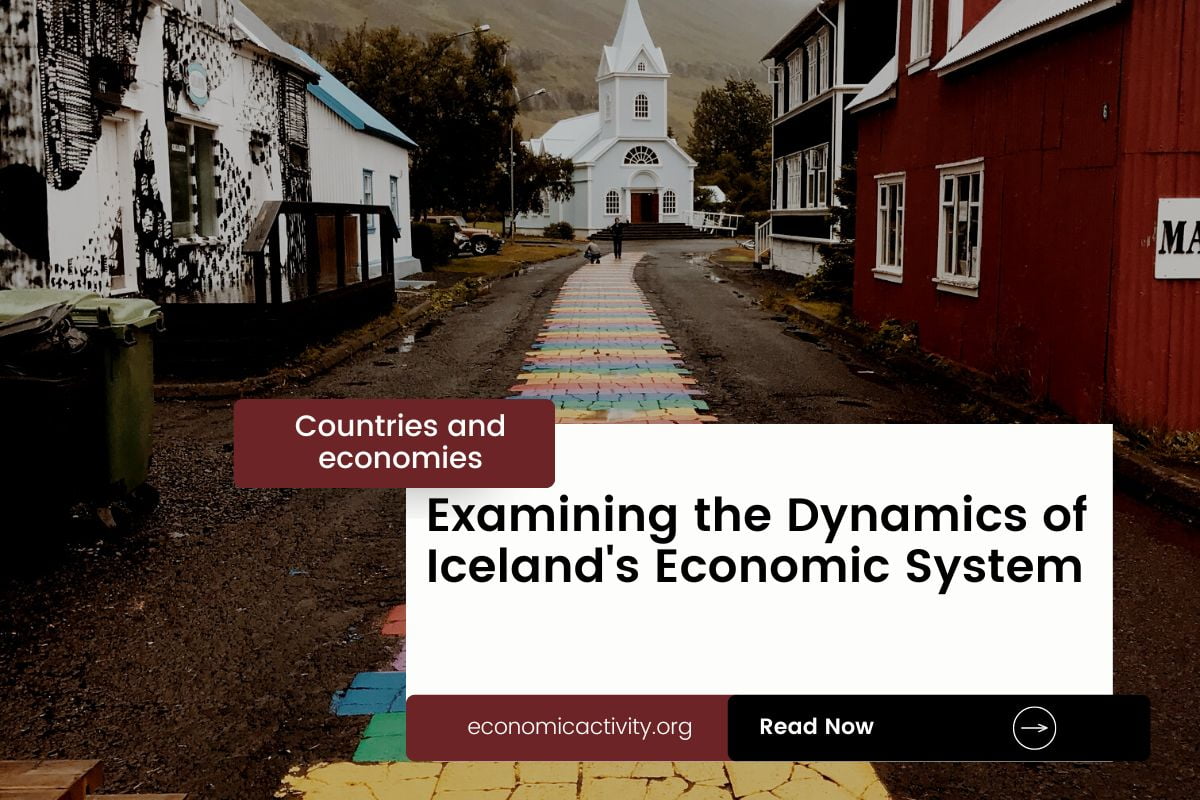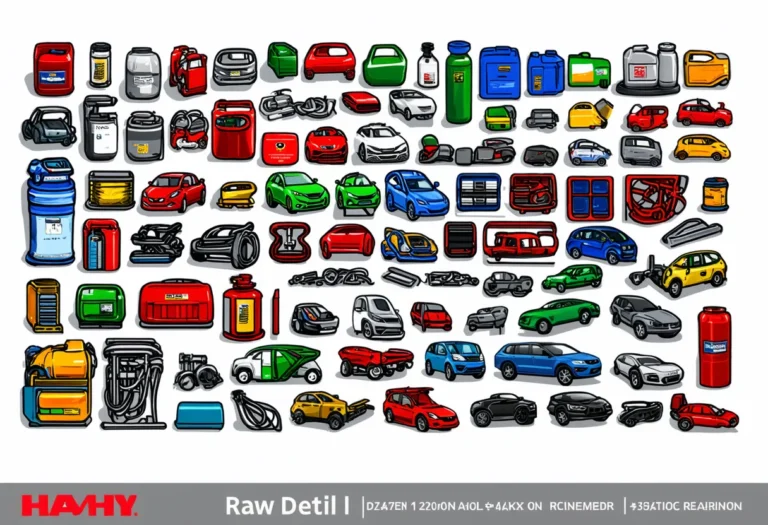What is the economic system of Iceland? The economy of Iceland is based on a mixed economy, that resembles a market economy. The country’s economic system combines elements of a market economy and a planned economy, individuals are free to work, produce, consume, and invest in any way they please.
In Iceland, the economy is composed of a private sector, consisting of individuals and businesses that make autonomous decisions based on self-interest, and a public sector, where the state determines the production and distribution of certain goods and services. No country is purely capitalist or purely communist.
What do the freedom indexes tell about the economic system of Iceland?
To determine if a country is mostly a market economy or a planned economy, it is useful to examine some economic indexes. For instance, according to the 2022 Index of Economic Freedom, which measures the ability of every human to control his own labor and property, Iceland is ranked 13th globally and 9th in Europe indicating that the country has a mostly free economy.
In a similar way, the 2022 Freedom House index evaluates the state of political rights and civil liberties globally. Generally, market economies tend to align more with democracy and freedom, while command economies tend to be characterized by greater state control and fewer democratic and civil liberty protections. Iceland gets a score of 94/100, which qualifies it as free. Iceland is a country where the government does not control what people do for political reasons, and people have the freedom to choose (what, how much, and how to produce, whether to buy or not, selling price, etc.)
The Link Between Public Sector Employment and the Economic System of Iceland
An indicator of the extent to which the State is involved in the economy is the number of public sector employees. In Iceland, according to ILOSTAT, the number of public sector employees as a percentage of the total workforce is 25% (2019).In the country, the public sector tends to be small and efficient. As result, the number of public sector employees as a percentage of the total workforce is low compared to other countries.
What does the biggest company in Iceland say about the country’s economic system
The biggest company in Iceland should also be looked at, as well as whether it is a state-owned or private company. In this case, Marel hf is an Icelandic food processing company that provides equipment, systems, and services to the poultry, meat, and fish industries.
The company is private. Eyrir Invest hf. is Marel’s largest shareholder, holding 24.69%, while 35.8% of Marel’s total issued shares were listed on Euronext Amsterdam.
The historical factors that have influenced the economic system of Iceland
Iceland’s mixed economy system is the result of a combination of factors, including the country’s natural resources, its small population, and its strategic location.
The country’s abundant natural resources, such as geothermal energy, have enabled it to develop a strong industrial base, while its small population has allowed it to remain relatively isolated from the rest of the world.
Additionally, its strategic location has enabled it to benefit from trade with other countries. These factors have all contributed to the development of Iceland’s mixed economy system with strong companies and a complete welfare state.





Leave a Reply